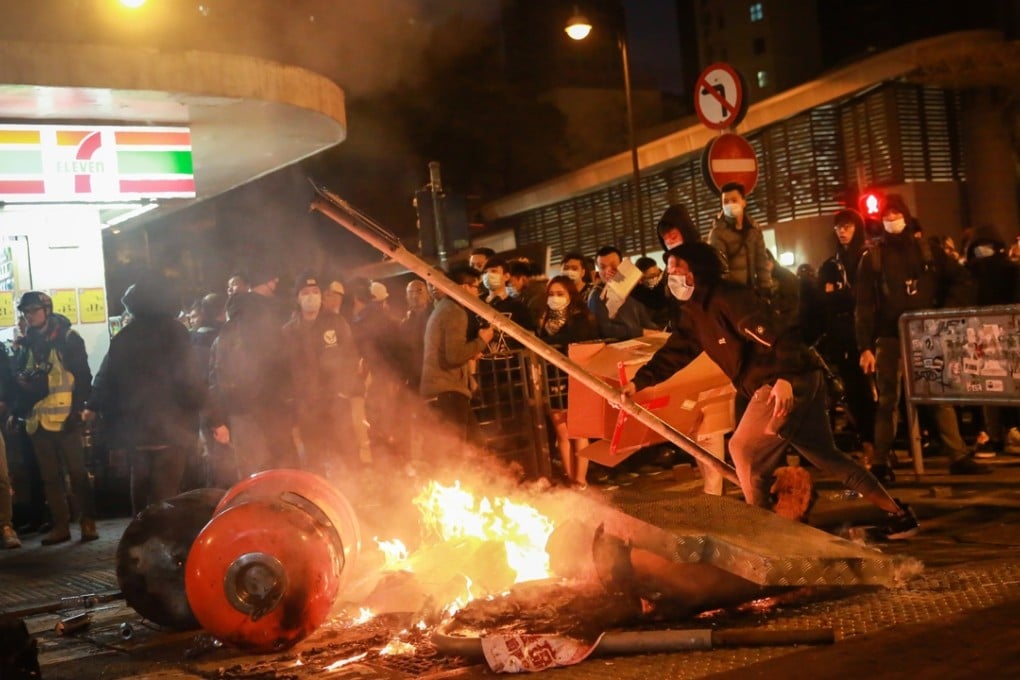After the Mong Kok riot, it’s time to hit Hong Kong’s radicalised youth hard to show them crime doesn’t pay
Tony Kwok says the Hong Kong police were highly restrained in handling the violence in Mong Kok, but we now need to demonstrate very clearly that a repeat of such events will not be tolerated – and that must start with swift prosecutions of all involved

Having devoted my entire career to law enforcement, I found it all the more heartbreaking to watch on TV the scenes in Mong Kok where rioters rushed forward to attack a policeman who was already injured and lying on the ground. Rubbing salt into the wound were the comments from pan-democrat scholars who, instead of condemning the riots, lay the blame on the government, claiming officials had failed to address the grievances of the young. They and some of the media also made a big issue about a policeman firing warning shots to try to rescue other officers. Their only motive is to mislead and incite Hong Kong people. They will be proved to be the “sinners” in Hong Kong history.
READ MORE: Housing, employment, education problems led Hong Kong youth to ‘resort to violence’, says Regina Ip, as others propose a water cannon for riot control
The police behaved most courageously and were highly restrained in handling the riot. When they were confronted with rioters hurling bricks and glass bottles at them, which could surely cause serious injury, their response was to use batons and pepper spray to fend off the attacks.

Young people in Hong Kong no longer believe they need to be responsible for their actions
I believe one of the main causes of the riot is that young people in Hong Kong no longer believe they need to be responsible for their actions. From Occupy Central, they see many people avoiding prosecution – and even among the minority who were prosecuted, many received extremely light sentences.
All this has encouraged radical young men and women to act irresponsibly with no regard for the law and consequences. They believed they were heroes throwing bricks and attacking the police. Actually, they were cowards hiding behind their masks.

The police investigation should cover what and who was behind the riot. It has been suggested that the riots were well organised, with vans carrying self-made weapons, shields, goggles, helmets and even gloves to the scene for rioters’ use.